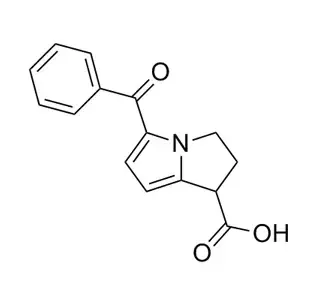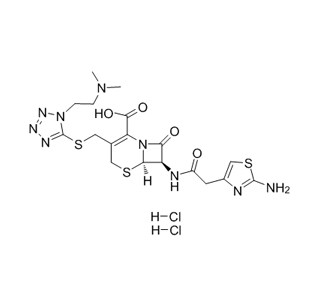
Search

Search

In today's fast-paced world, where access to fresh produce may be limited and food waste is a growing concern, the use of food additives plays a crucial role in preserving the freshness and extending the shelf life of our food. This blog aims to shed light on the importance of food additives, their benefits, and the balance between safety and freshness that consumers and regulatory bodies must navigate.
Food additives are substances added to food products during processing to enhance their organoleptic qualities, prolong shelf life, and improve safety. They act as preservatives, antioxidants, color stabilizers, or flavor enhancers, among other functions. By inhibiting microbial growth, delaying oxidation, and preventing spoilage, food additives ensure that our food remains safe and fresh for longer periods. However, it is crucial to note that the use of additives should always comply with strict regulations and be within safe concentration limits.
The incorporation of food additives in manufacturing processes brings several benefits that positively impact food preservation. By delaying spoilage, additives allow for longer transportation and storage times, reducing food waste and making fresh produce accessible in regions geographically distant from its origin. Additionally, food additives aid in maintaining the nutritional value, flavor, and texture of products, enhancing the overall quality of preserved food.
Here are some commonly used additives and their roles in preserving freshness:
Antioxidants
Ascorbic acid (Vitamin C) and tocopherols inhibit oxidation and prolong the shelf life of fats, oils, and processed foods.
Preservatives
Sodium benzoate and calcium propionate prevent bacterial and fungal growth in foods like bread, sauces, and beverages.
Color stabilizers
Nitrites and nitrates maintain the color and inhibit the growth of harmful bacteria in processed meats.
Flavor enhancers
Monosodium glutamate (MSG) intensifies the taste of various foods, enhancing overall flavor.
While the use of food additives provides numerous benefits, consumer concerns about their safety and potential health effects are understandable. To address these concerns, regulatory bodies worldwide, such as the United States Food and Drug Administration (FDA) and the European Food Safety Authority (EFSA), strictly monitor and evaluate the safety and usage guidelines for food additives. These organizations set maximum allowable limits, conduct toxicological studies, and regularly reassess the safety of additives in the market.
Food additives are essential tools in extending shelf life, reducing food waste, and ensuring food safety. By understanding their purpose, benefits, and regulatory measures in place, consumers can be confident in the use of food additives for preserving freshness while maintaining high standards of safety. It is crucial to promote a balanced approach that prioritizes the well-being of consumers, while also meeting the increasing demand for fresh and nutritious food.

Quick Links
Add:
E-mail:
 English
English  Español
Español  français
français  العربية
العربية 


